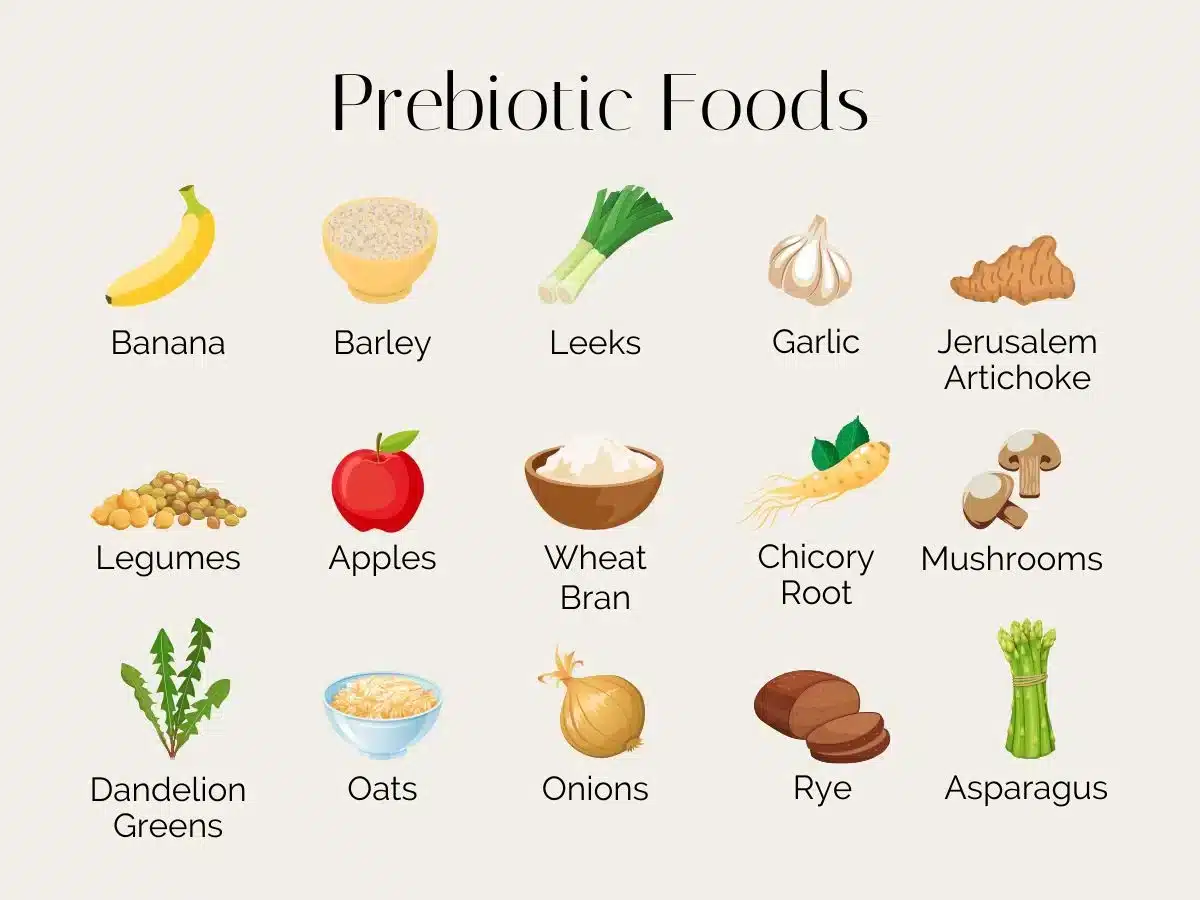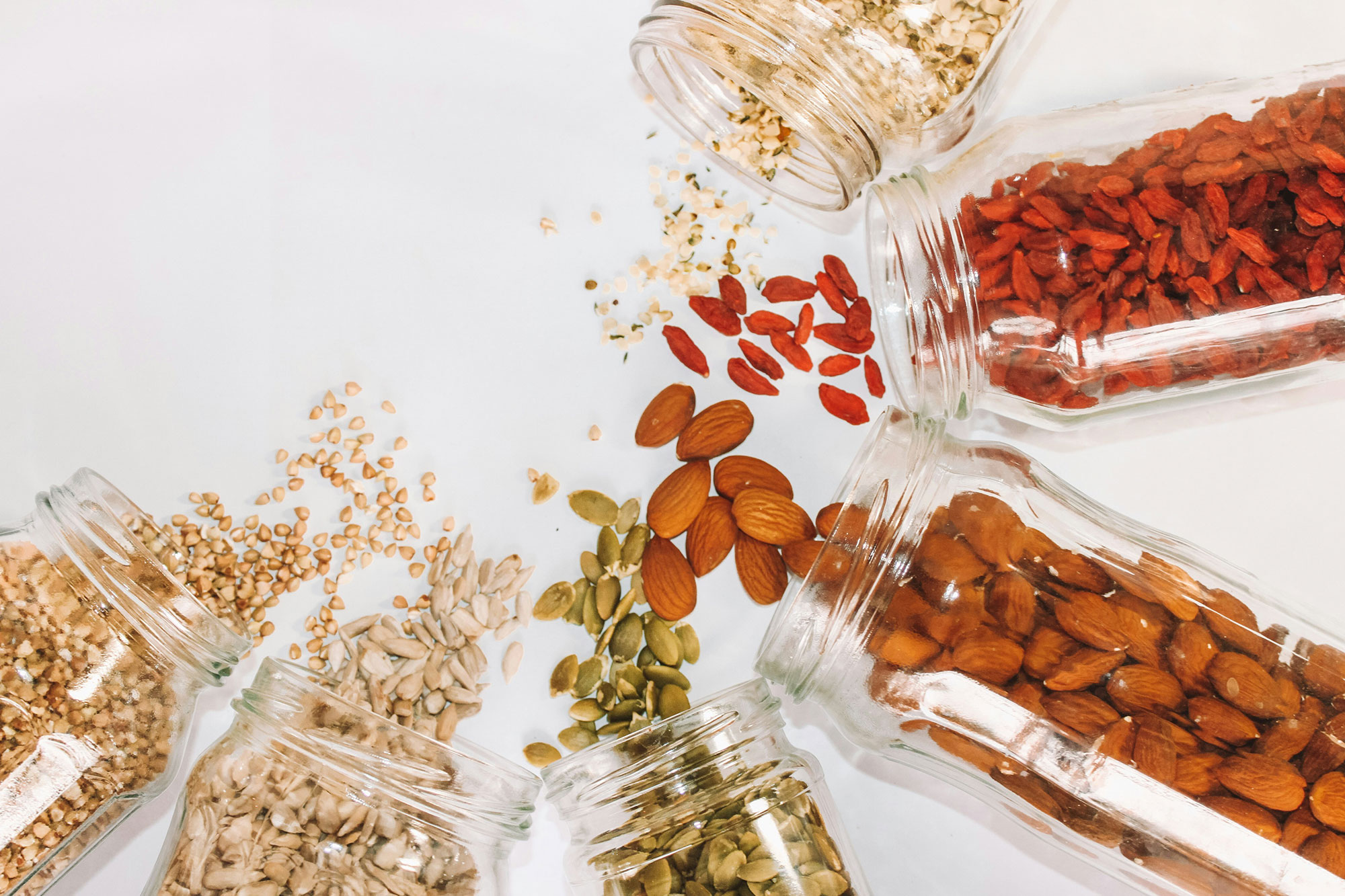Lose your gut now with THIS! – Microbiome
Your microbiome can help or hurt you fighting the battle of the bulge and illness!
Your gut harbors about 70-80% of your immune cells and has its own microbiome. The gut microbiome consisting of the bacteria, fungi, and viruses in your gut, communicates with the gut cell wall and the immune system. The composition of the microbiome be beneficial, protective, health enhancing or harmful and lead to the development of many conditions or illnesses.
What you feed your microbiome matters
Nutrition has an impact on the microbiome and the immune system and influences the development of health and disease.1 The microbiome and immune system are key players regarding what gets into your bloodstream and how you will react. Inflammation is the root cause of most illness and plays a key role in managing weight. 2

Diet and Microbiome: The Key to Ideal Weight and Health
- A healthy diet protects against obesity, diabetes, and metabolic syndrome (high blood pressure, cholesterol, blood sugar, triglycerides, and increased waist to hip ratio), by making Th17 immune cells. These are known as helper cells that modulate the immune response.
- Th17 cells activate the immune system against bacteria and microbes that cause illness and protect against obesity, diabetes and metabolic syndrome.
- High-fat, high-sugar diet can lead to the development of weight gain, obesity, metabolic syndrome, and prediabetes by depleting the bacteria or microbes that induce Th17cells.
- Restoring the beneficial microbiota induced Th17 and gave protection against these metabolic diseases. 3

Feed Your Microbiome to Lose Weight
Prebiotics, probiotics and symbiotic (a mixture of pre and probiotics) can reduce weight and inflammation. Taking these, together with galactomannan and/or inulin fibers, may increase weight management effects due to short chain fatty acid production and altering the microbiome in a positive way!
- Prebiotics promote the growth of beneficial bacteria and short chain fatty acids (SCFA) that are are the main food for your gut lining and immune system. SCFA have a major impact on the immune system and inhibit the growth of bacteria that cause dis-ease or illness. An abundance of SCFA is a marker for good health. 4 Examples are:
- Inulin and fructo-oligosacchardies, and galacto-oligosacharides
- Prebiotic foods are dandelion, garlic, chicory root, onions, Jerusalem artichoke, bananas, whole oats, apples.

- Dietary Fiber Dietary fibers that have prebiotic properties are beta-glucans, arabinoxylans (AX), pectins, and resistant starches.
- Beta glucans are found in oats, barley, mushrooms (eg, reishi, shiitake, maitake), yeasts, seaweed, and algae.
- Pectins are highest in apples, carrots, oranges, grapefruits, and lemons. Because the pectin mixes with water to form a gel, it swells to fill the stomach and slows the gastric emptying process. This can make weight loss easier because you feel fuller for longer.5
- Resistant Starches also feed the friendly gut bacteria, increase SCFA and may help weight loss, blood sugar control and insulin sensitivity. They don’t get digested in your small intestine. They ferment in your large intestine and feed “good” gut bacteria. Cooked and cooled rice or potatoe, green bananas and maize are high in resistant starch.
- Probiotics are live bacteria that, provide health benefits. They can modify the intestinal microbiota and supporting the growth of good, commensal bacteria over the growth of bad, illness causing, pathogenic bacteria.
- Take a probiotic with several strains.
- Eat probiotic foods such as yogurt, kefir, kombucha, sauerkraut, fermented vegetables, kimchi, miso, tempeh and pickles.
Your gut is your second brain because there are more microbes in our guts than cells in our bodies. Make sure you feed the good microbes and crowd out the bad. The health effects can be profound. You will not only enhance your immune system, but you can also control your weight, blood sugar and alleviate many inflammatory conditions. Not sure what to eat? Sign up for a free diet evaluation.
References
- Wiertsema SP, van Bergenhenegouwen J, Garssen J, Knippels LMJ. The Interplay between the Gut Microbiome and the Immune System in the Context of Infectious Diseases throughout Life and the Role of Nutrition in Optimizing Treatment Strategies. Nutrients. 2021;13(3):886. doi:10.3390/nu13030886
- Bastard JP, Maachi M, Lagathu C, et al. Recent advances in the relationship between obesity, inflammation, and insulin resistance. Eur Cytokine Netw. 2006;17(1):4-12.
- Kawano Y, Edwards M, Huang Y, et al. Microbiota imbalance induced by dietary sugar disrupts immune-mediated protection from metabolic syndrome. Cell. 2022;185(19):3501-3519.e20. doi:10.1016/j.cell.2022.08.005
- Ríos-Covián D, Ruas-Madiedo P, Margolles A, Gueimonde M, de los Reyes-Gavilán CG, Salazar N. Intestinal Short Chain Fatty Acids and their Link with Diet and Human Health. Front Microbiol. 2016;7:185. doi:10.3389/fmicb.2016.00185
- Adam CL, Thomson LM, Williams PA, Ross AW. Soluble Fermentable Dietary Fibre (Pectin) Decreases Caloric Intake, Adiposity and Lipidaemia in High-Fat Diet-Induced Obese Rats. PLoS One. 2015;10(10):e0140392. doi:10.1371/journal.pone.0140392





She is a recognized and award-winning holistic, functional, integrative and anti-aging healthcare practitioner, speaker and author, and has been featured in ABC News, Forbes, WOR Radio and many media outlets to spread the word that you can live younger and healthier at any age.